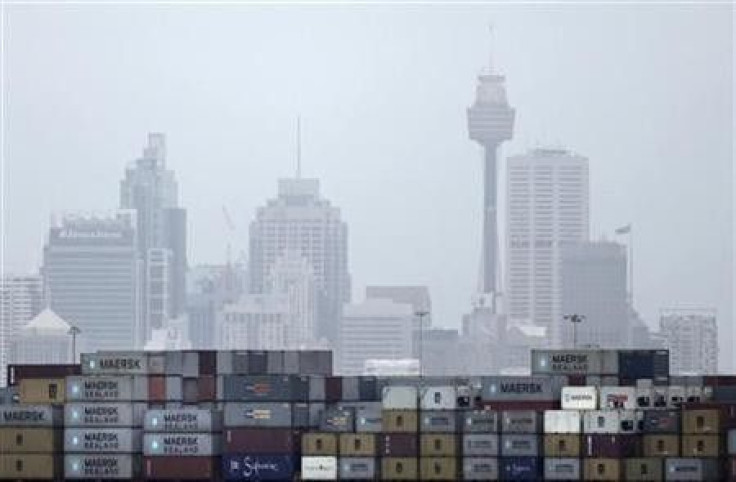Invasive Red Fire Ants Detected in Sydney

Government authorities have restricted an area in Port Botany, a suburb in south-eastern Sydney, for the extermination of red imported fire ants (RIFA), which is believed to have arrived on a cargo ship from Argentina. A crisis response team of 25 biosecurity and pest experts, three odour detection dogs have been working all day and night for several days.
According to the Department of Primary Industries, a serious invasion of red ants in the region would cost the Australian economy billions if not eradicated effectively. NSW Minister Katrina Hodgkinson states that the ants are highly aggressive and these exotic pests can inflict painful bites on people, livestock and pets. Invasive Species Council chief executive Andrew Cox also explains that the presence of the fire ants endangers the community and other parts of the country if eradication program is not done soon. "They will take over open areas, grassy areas and you won't be able to walk around with thongs anymore for large parts of Australia," he says.
At this stage, the invasion has been contained to a colony and thorough surveillance is being conducted within 2 kilometres from the point of discovery, according to DPI's director of invasive plants and animals, Dr Andrew Sanger. An ongoing investigation would determine how these pests came to Port Botany and when did they arrive.
The first red fire ant outbreak in Australia in 2001 prompted the state and local governments to spend $281 for The National Red Imported Fire Ant Eradication Program which started in September 2001. Some former DPI employees, including the famous 'whistleblower', Dr Pam Swepson, exposed controversial information about the multi-million eradication program, which according to her, was grossly mismanaged. After 12 years of program implementation, red fire ants still roam Queensland.
Red imported fire ants are endemic to Brazil. RIFA bites are painful and would sometimes require medical treatment. They kill livestock, render croplands and farming equipment inoperable and make the outdoors unsafe. Although there are new technology to detect the presence of these ants, community support is vital in the campaign to eliminate these pests in Australia. Any sightings should be reported immediately to the Exotic Plant Pest Hotline on 1800 084 881.






